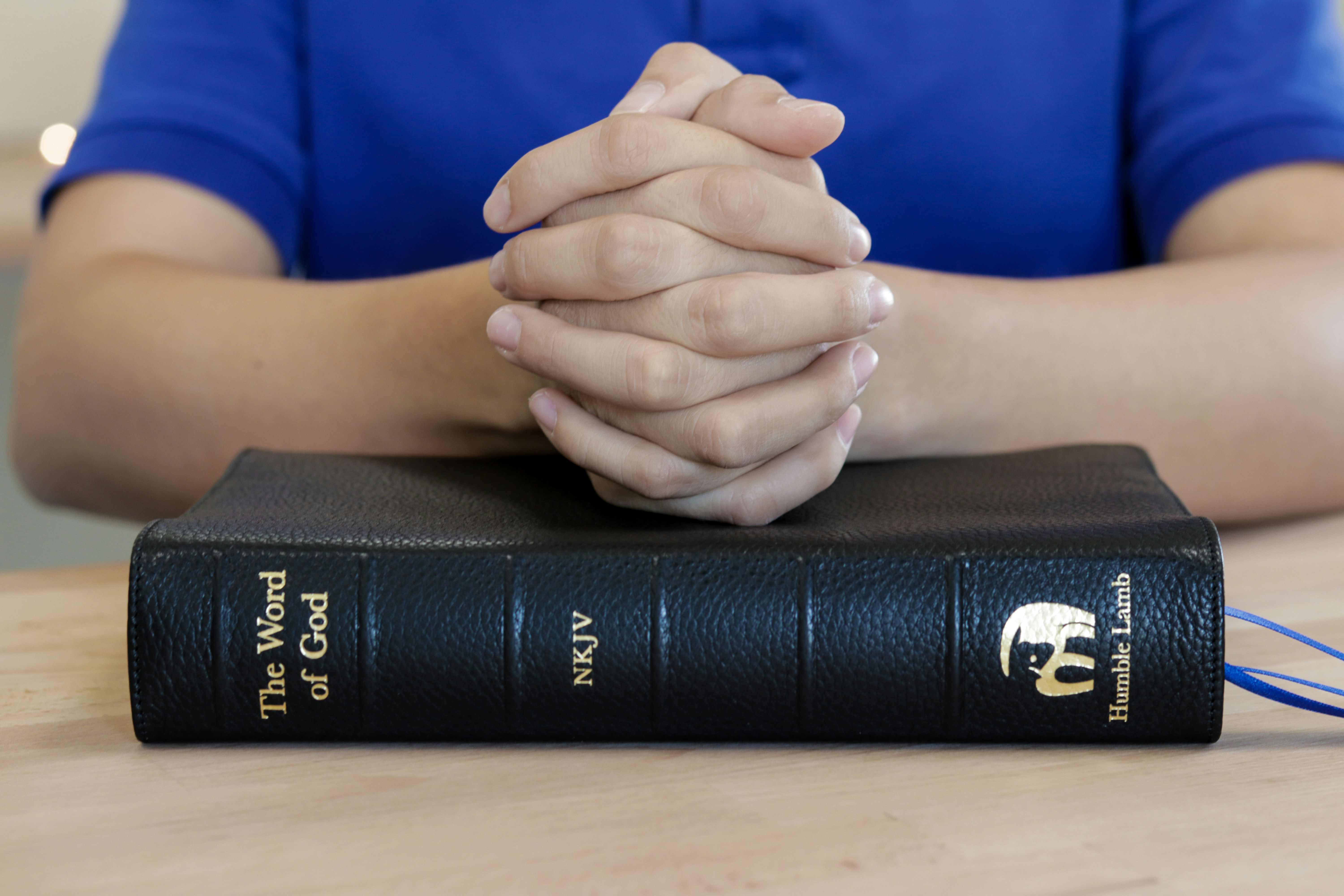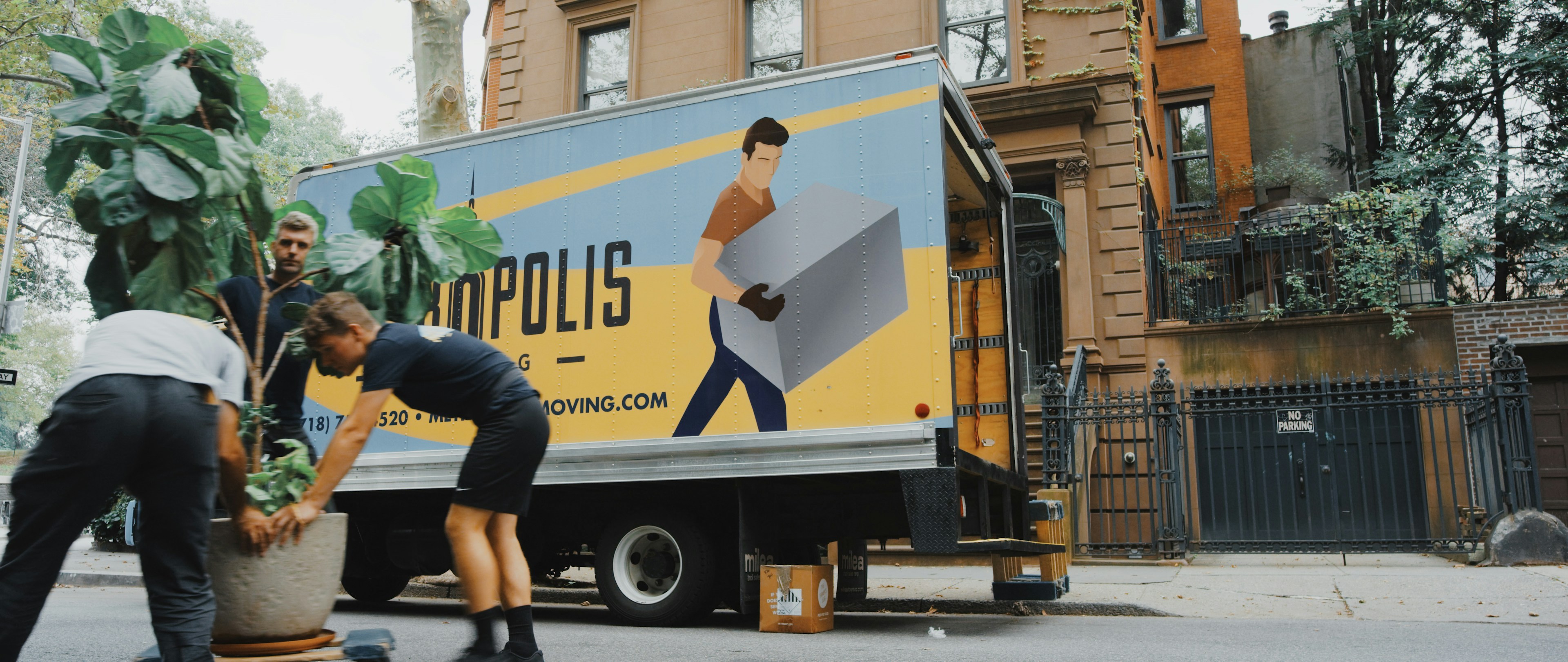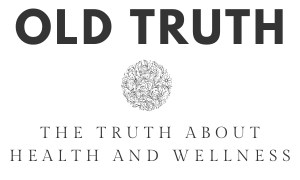Starting over after addiction can be scary and exciting at the same time. With a solid plan, support network, higher power, and an open mind about resources and triggers, you can get through this and come out happier and healthier for it. Whether you’re fresh out of rehabilitation or further along on the road to recovery, here are some things to consider when looking at a new beginning after addiction.
Higher Power

Religion in any form often goes a long way in helping with recovery. Even nonbelievers can often find a higher power to put their trust in. Whether your beliefs are around a god, gods, or the universe as a whole, spirituality and religion can be helpful tools in keeping faith during rough days.
If you are starting over after an addiction, consider getting yourself the tools you may need for those days now. A library of genesis scriptures, a copy of the Tipitaka or Quran may help pull you through a day where you’re tempted to fall off the wagon.
For those who use Alcoholics Anonymous (AA) and Narcotics Anonymous (NA), groups, you already know that surrendering to a higher power is one of the twelve steps to recovery. For you, part of recovery may be attending a meeting but also keeping that AA book on hand when your sponsor isn’t around and you’re struggling.
Are you someone who once enjoyed church? If you stopped going to mass when your substance abuse began, now might be the time to go back. There are many benefits to religious affiliations. Not only do religious services offer community and hope, but it would be a great way to authentically build on to your support network.
Support System

Support systems can extend well beyond formal group meetings or organizations. When starting fresh after addiction, be sure to line up a network of trusted friends, family, and professionals you can turn to. A big part of turning over a new leaf after addiction is being able to identify triggers and ask for help when you aren’t doing well.
If you aren’t sure how to identify your support system, look around your life. Find people who are sober and support your recovery. These could be old friends you lost touch with or family members who helped you to get into recovery in the first place. Write down a list of these people’s names along with any doctors, therapists, and even sober people you’ve met in groups along the way to turn to. Having a big and sober support group will help you in many ways.
If you can’t name a group of friends or family who will support you in your recovery, it’s time to reach out. Use support groups and ask sponsors or co-workers about people they may know who share the same interests as you. Think about the hobbies that interest you and join that book club, hiking group, or ghost hunting club now. You don’t owe anyone an explanation or even need to tell them you’re starting over after addiction. But the friendships you get from this could really help.
Relocating

Sometimes, because of the social nature of becoming addicted in the first place, the best way to avoid being triggered is an entirely fresh start altogether. This could go as far as to mean a move. If you aren’t sure you can stay sober in your current environment, consider moving to the South where your family is or up north where your sober friends from high school are. Changing locations and moving closer to support systems is a very tangible solution to keeping old habits away from your door.
Starting over after addiction is hard. There is no easy way to get to the other end of recovery without putting in the hard work. Sometimes, this involves living minute by minute or day by day. But if you surround yourself with people and tools to keep the faith, you have your best shot. Congratulations on coming this far and happy next chapter.

